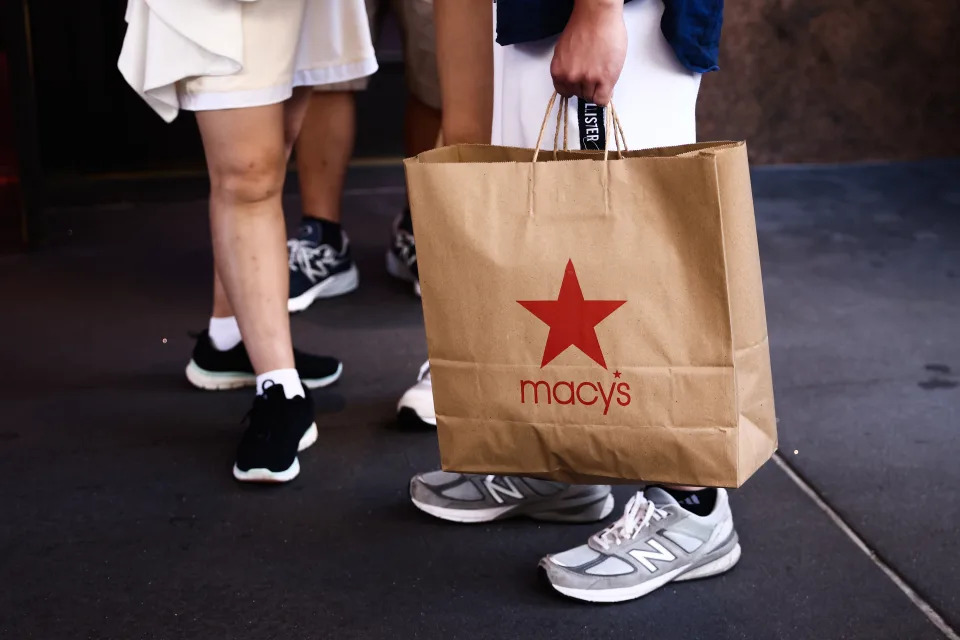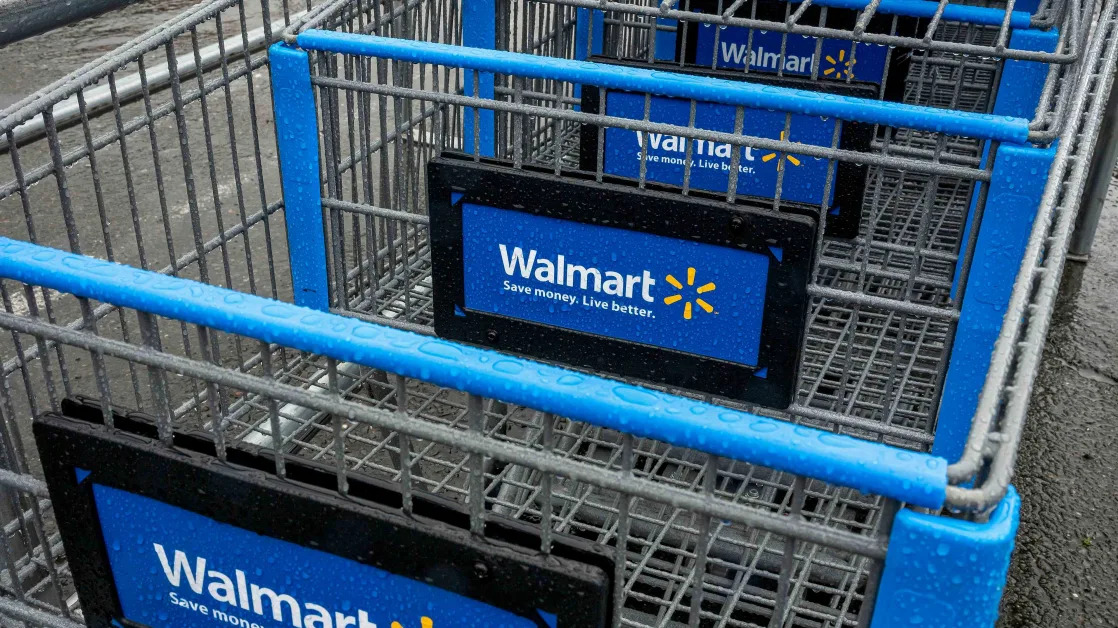Bitcoin mining remains one of the most misunderstood but essential aspects of the crypto ecosystem.
According to Mason Jappa, CEO of Blockware , mining is set for at least 12 more years of clear profitability, but concerns over centralization and sustainability are growing.
Speaking with Roundtable host Rob Nelson, Jappa noted that Bitcoin price growth continues to outpace mining difficulty, ensuring that miners can remain profitable.
"Looking at historical data, Bitcoin price has outpaced difficulty growth, and on a running monthly basis, Bitcoin price is about 5% increase. Monthly difficulty is about a 3.14% increase," Jappa explained. “So really what needs to happen in the future is mining transactions need to pick up, miners are making more from fees or we have a million dollar Bitcoin price rate. But the next 12 years to me are super clear.”
This slight advantage ensures that mining remains viable, at least for the next decade. However, as Bitcoin halvings continue to reduce mining rewards, Jappa believes miners will need to rely more on transaction fees or a future million-dollar Bitcoin price to sustain operations. "Post-2036, we're going to be chasing 1% [of remaining Bitcoin]."
Blockware Solutions, LLC, founded in 2017 is a U.S.-based distributor of Bitcoin ASIC mining rigs and a provider of container solutions. It also operates a peer-to-peer marketplace for used mining equipment.
The company has sold over 400,000 cryptocurrency mining rigs since its inception. It is also the owner and operator of colocation data centers and hosting facilities, with more than 500 MW of hosting clients placed.
Retail mining vs. Institutional domination
Despite Bitcoin's decentralized ethos, large institutions are beginning to dominate the mining industry.
Jappa noted that some of the biggest mining companies, particularly in Texas, are shifting their resources from Bitcoin mining to high-performance computing (HPC) instead.
"A lot of the largest miners right now… are shifting to HPC. Instead of building Bitcoin mining, we think we're going to do an HPC deployment. So that means more for the rest of us," he said.
Price noted that encouraging more retail participation in mining could be key to keeping Bitcoin decentralized.
"If more of retail can learn about the mining process and get involved, it makes it stronger in retail's mind as a foundational asset and not just some fly-by-night crypto," Price argued.
Jappa agreed, pointing out that more than 50% of Bitcoin's mining network is currently controlled by public entities. The more retail miners participate, the healthier and more decentralized Bitcoin becomes.
Mining as the future of passive income?
For many, mining is increasingly being viewed as an alternative investment, similar to real estate.
"If my neighbor was like, 'Oh yeah, I made some more on my mining yesterday,' it's basically real estate. It's another plate," Price said.
The latest TheMinerMag report shows that Bitcoin miners earned $1.4 billion in January 2025, keeping revenue steady. Public mining firms, which make up 30% of the network's hashrate, continued to expand their mining power.





